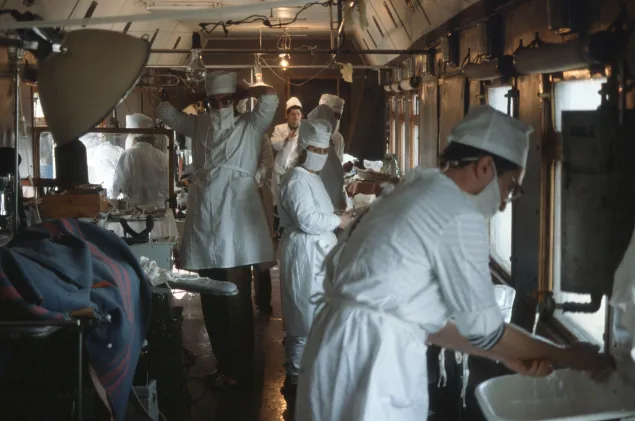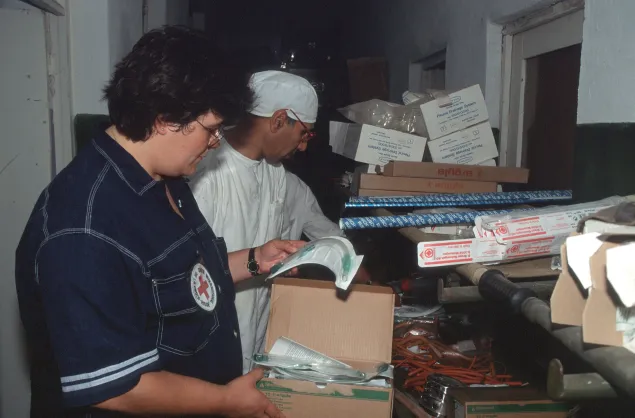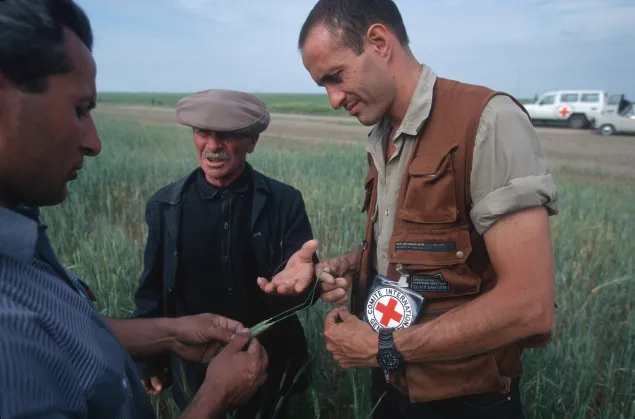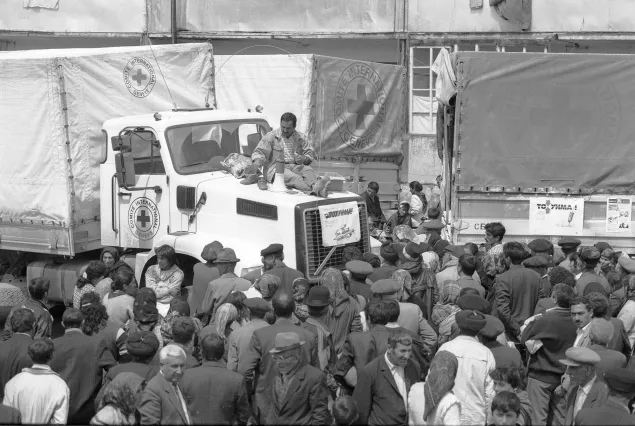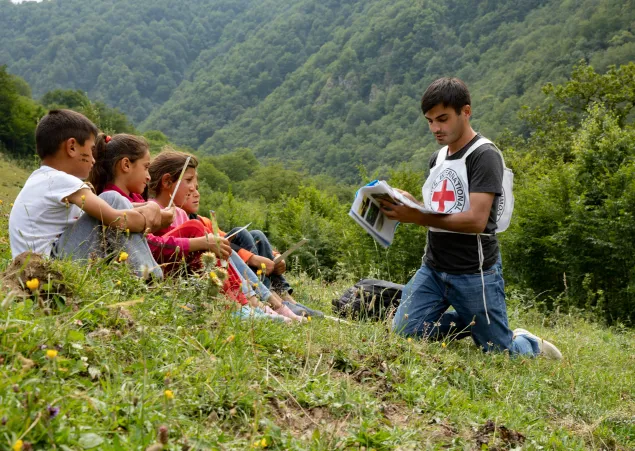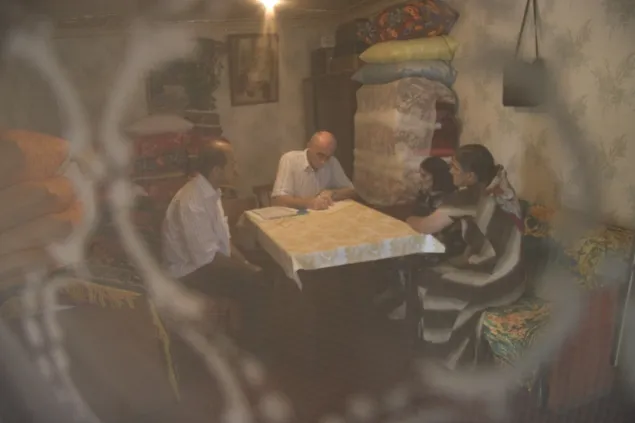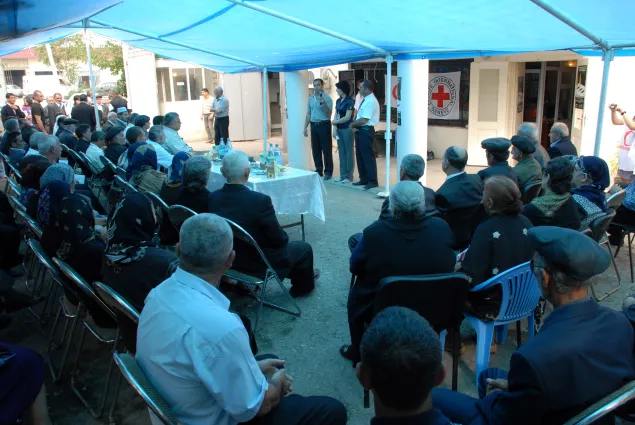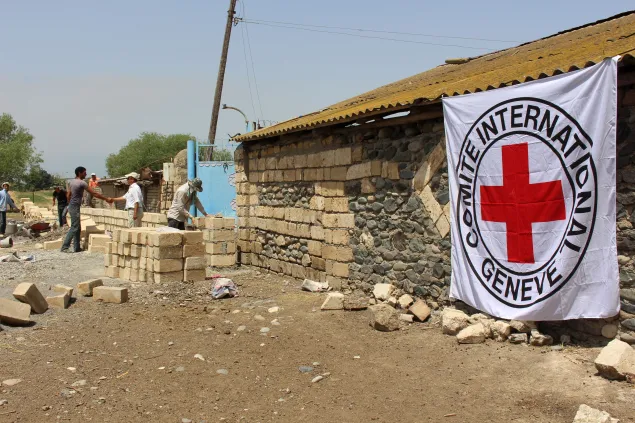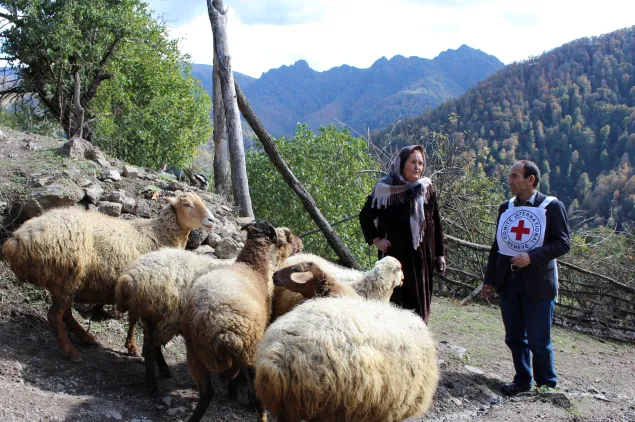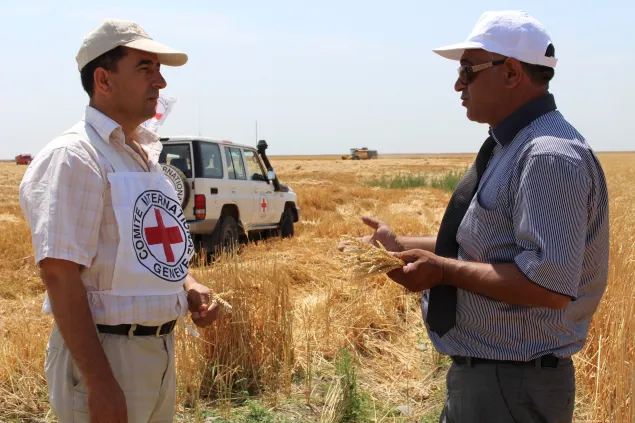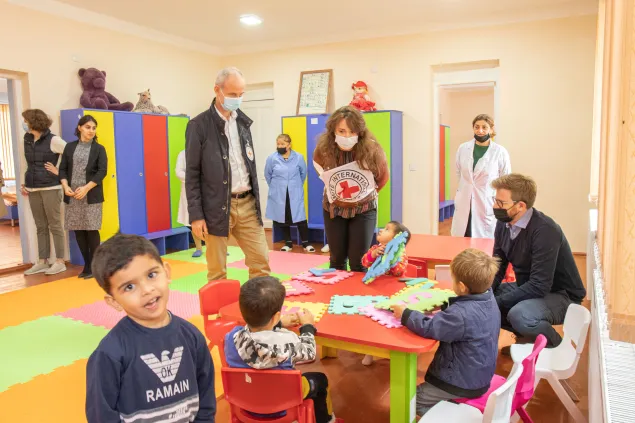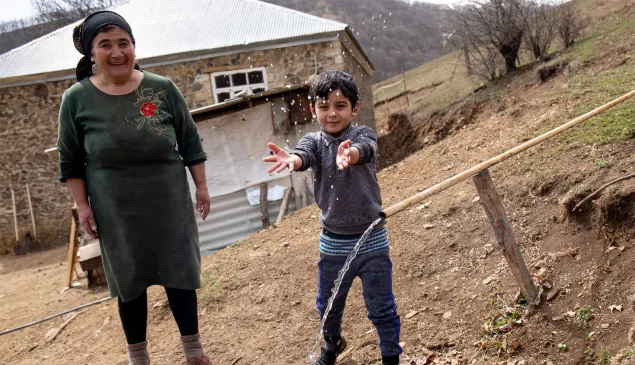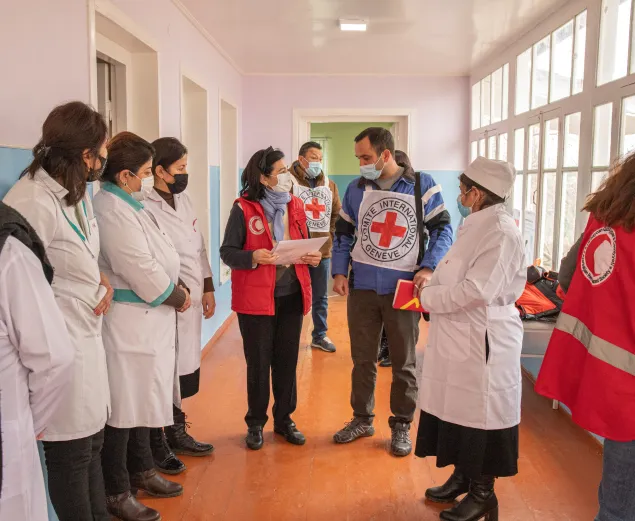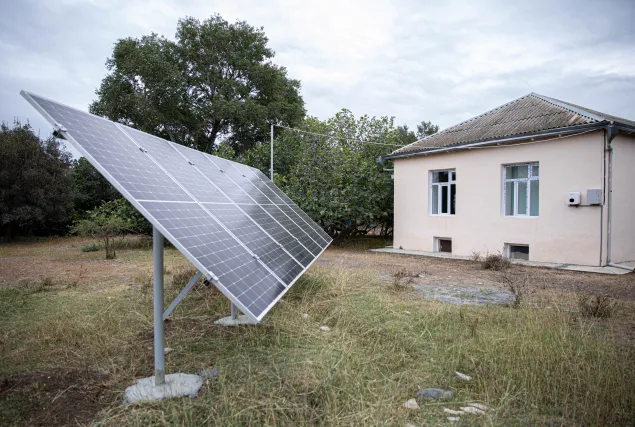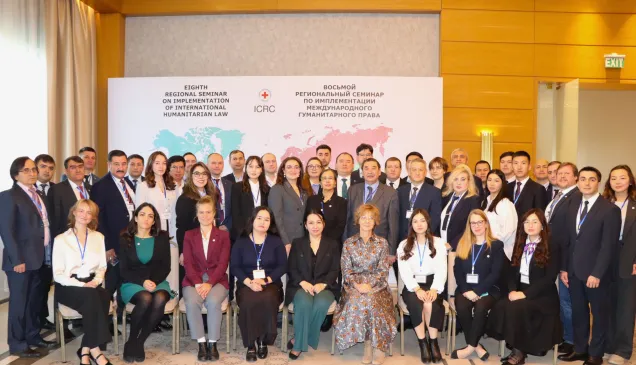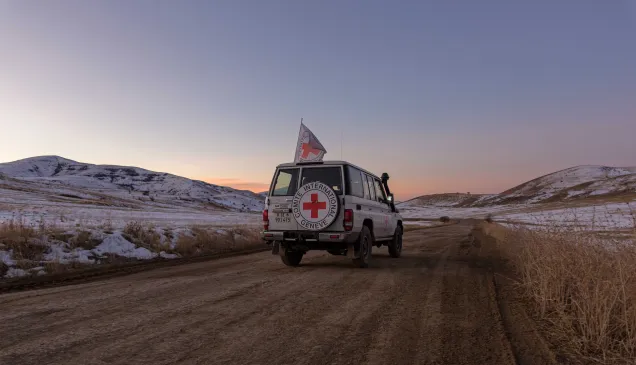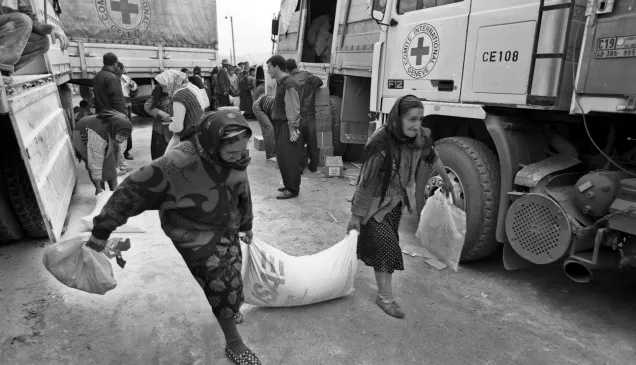When conflict erupted in the region in early 1990s, thousands of people lost their lives and millions more were displaced. Hundreds of thousands of people had to live in or near areas exposed to fighting and needed humanitarian assistance. In line with its mandate, and in cooperation with the national authorities and the Azerbaijan Red Crescent Society (AzRCS), the ICRC brought much needed support to the affected people in Azerbaijan. Many of those activities were coordinated through the Barda office, located in the west-central part of the country.
As our office in Barda closes down after over thirty years of operation, this photo gallery looks back at some of the people impacted by the ICRC’s activities through this office’s years of operation.

